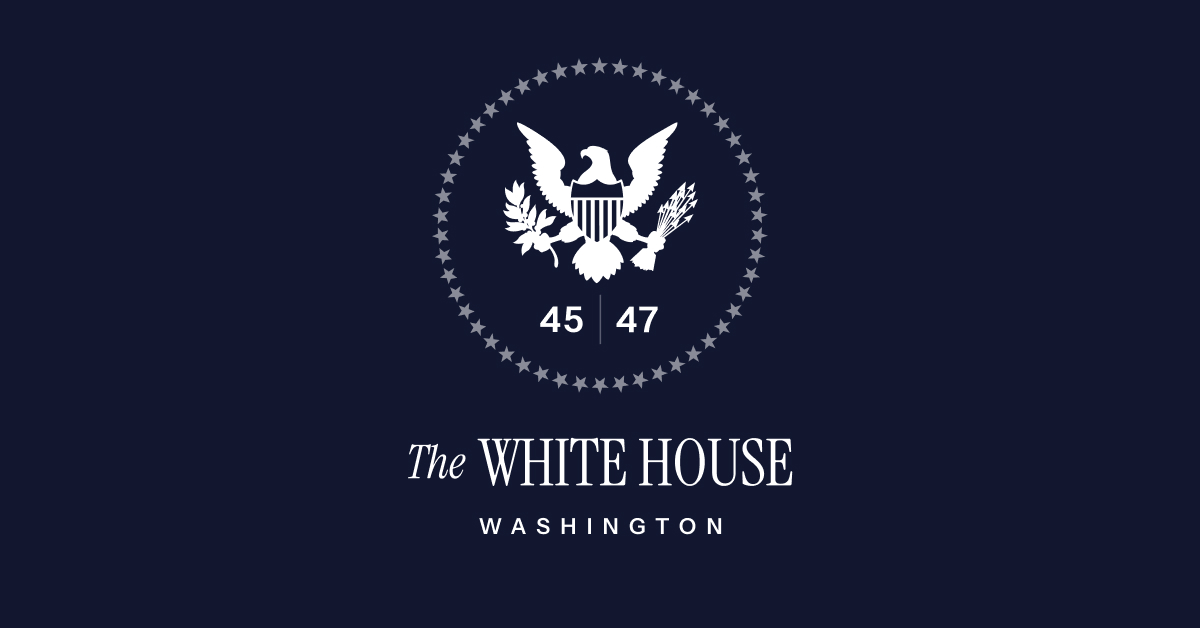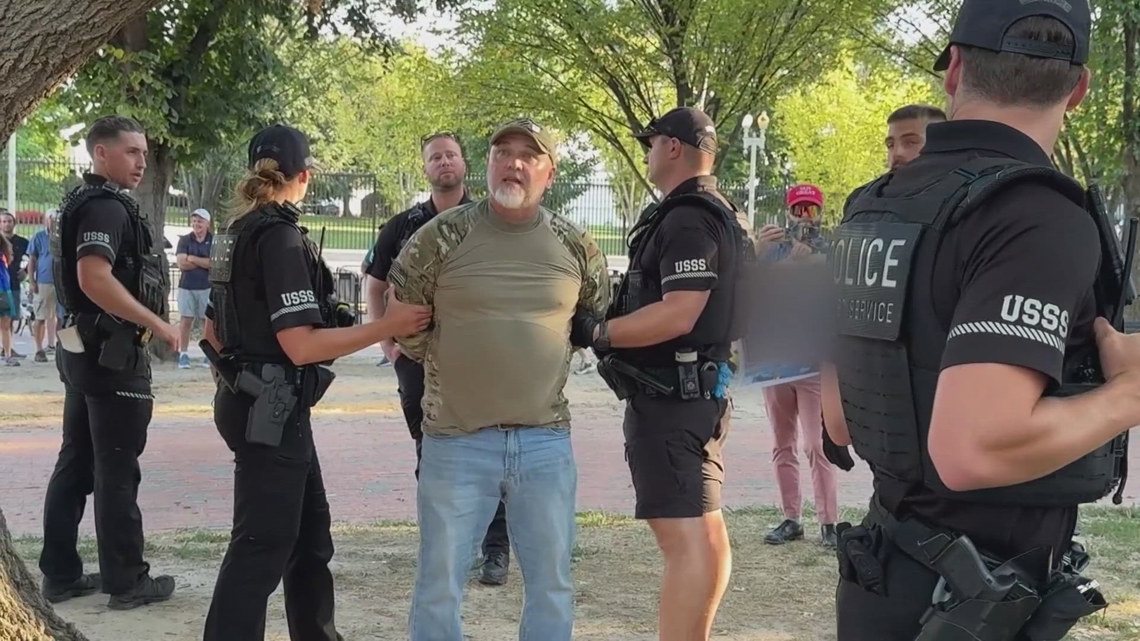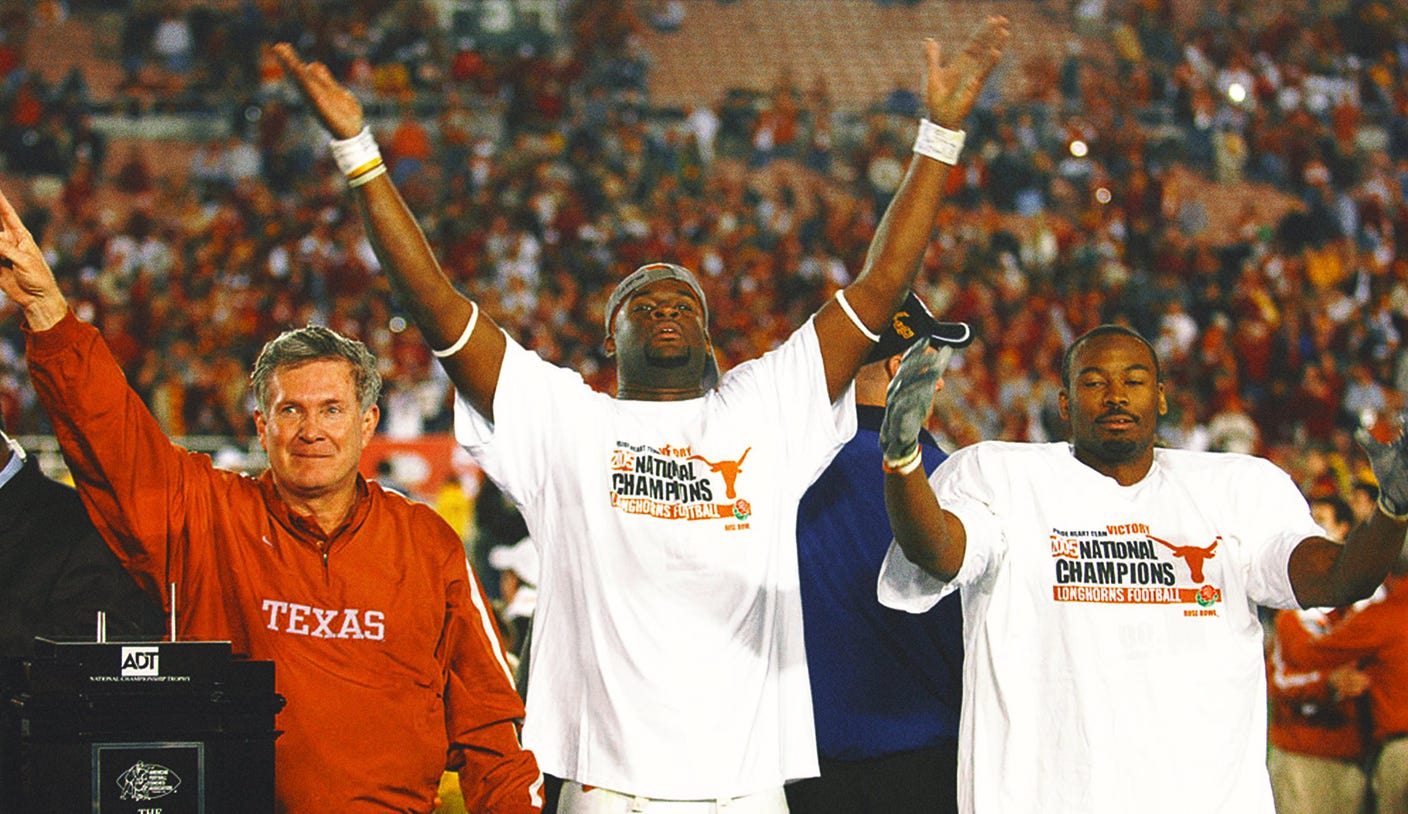Challenges To Prosecuting Flag Burning: First Amendment Rights And The Law

Welcome to your ultimate source for breaking news, trending updates, and in-depth stories from around the world. Whether it's politics, technology, entertainment, sports, or lifestyle, we bring you real-time updates that keep you informed and ahead of the curve.
Our team works tirelessly to ensure you never miss a moment. From the latest developments in global events to the most talked-about topics on social media, our news platform is designed to deliver accurate and timely information, all in one place.
Stay in the know and join thousands of readers who trust us for reliable, up-to-date content. Explore our expertly curated articles and dive deeper into the stories that matter to you. Visit Best Website now and be part of the conversation. Don't miss out on the headlines that shape our world!
Table of Contents
Challenges to Prosecuting Flag Burning: First Amendment Rights and the Law
The sight of a burning American flag is undeniably powerful, often evoking strong emotional responses. But the act itself, despite its symbolic weight, is protected by the First Amendment's guarantee of freedom of speech, presenting significant challenges to prosecution. While many find the practice offensive, legally challenging flag burning requires navigating complex constitutional waters and overcoming substantial legal hurdles.
The Supreme Court's Landmark Ruling: Texas v. Johnson
The landmark case Texas v. Johnson (1989) solidified the legal protection of flag burning. In this case, Gregory Lee Johnson was convicted under a Texas law prohibiting flag desecration after burning an American flag during a protest at the 1984 Republican National Convention. The Supreme Court, in a 5-4 decision, overturned his conviction, ruling that flag burning is a form of expressive conduct protected by the First Amendment. The court emphasized that even offensive or unpopular speech is shielded under the Constitution's broad protection of free expression. This decision established a significant precedent, effectively making it difficult, if not impossible, to prosecute individuals solely for burning the flag.
Understanding Expressive Conduct:
The court's ruling in Texas v. Johnson hinged on the understanding of flag burning as expressive conduct – an act that communicates a particular message. The act isn't merely destructive; it's a symbolic act conveying political, social, or ideological viewpoints. This distinction is crucial in determining whether the First Amendment applies. The Supreme Court has consistently held that the government cannot suppress speech simply because it finds the message offensive or disagreeable. This principle is central to the protection of free speech in a democratic society.
Attempts to Circumvent the Ruling:
Despite the Texas v. Johnson ruling, numerous attempts have been made at the state and federal levels to circumvent this protection. These attempts often involve crafting legislation that focuses on the manner of the flag burning, rather than the act itself. However, these efforts have generally been unsuccessful, as courts have continued to uphold the First Amendment protection. The underlying principle remains: the government cannot restrict expressive conduct simply because it is deemed offensive.
The Ongoing Debate:
The debate surrounding flag burning remains highly contentious. While the Supreme Court has definitively protected the act as free speech, the emotional response it evokes continues to fuel calls for its prohibition. This highlights a fundamental tension in a democracy: balancing the protection of individual liberties with the societal desire for order and respect for national symbols.
The Future of Flag Burning Legislation:
Given the strong precedent set by Texas v. Johnson, the likelihood of successfully enacting and upholding legislation criminalizing flag burning is exceedingly low. Any future legal challenges would likely face the same constitutional hurdles and would need to demonstrate a compelling governmental interest that outweighs the individual's right to free expression. The Supreme Court's commitment to protecting even unpopular forms of speech serves as a powerful safeguard against government overreach.
Conclusion:
The challenges to prosecuting flag burning are firmly rooted in the bedrock principles of the First Amendment. While the act may be offensive to many, it remains a constitutionally protected form of expression. Understanding the legal precedents and the ongoing debate surrounding this issue is vital for appreciating the complexities of freedom of speech in a democratic society. The legal landscape surrounding flag burning serves as a constant reminder of the delicate balance between individual rights and societal norms.

Thank you for visiting our website, your trusted source for the latest updates and in-depth coverage on Challenges To Prosecuting Flag Burning: First Amendment Rights And The Law. We're committed to keeping you informed with timely and accurate information to meet your curiosity and needs.
If you have any questions, suggestions, or feedback, we'd love to hear from you. Your insights are valuable to us and help us improve to serve you better. Feel free to reach out through our contact page.
Don't forget to bookmark our website and check back regularly for the latest headlines and trending topics. See you next time, and thank you for being part of our growing community!
Featured Posts
-
 Taylor Townsends Us Open Match A Look At The Fallout And Public Reaction
Aug 30, 2025
Taylor Townsends Us Open Match A Look At The Fallout And Public Reaction
Aug 30, 2025 -
 Protest Turns To Prosecution Veteran Charged After White House Flag Burning
Aug 30, 2025
Protest Turns To Prosecution Veteran Charged After White House Flag Burning
Aug 30, 2025 -
 The Summer I Turned Pretty Trailer Teases Bellys Transformative Paris Trip
Aug 30, 2025
The Summer I Turned Pretty Trailer Teases Bellys Transformative Paris Trip
Aug 30, 2025 -
 Thielen Back In Purple Vikings Officially Acquire Wide Receiver From Panthers
Aug 30, 2025
Thielen Back In Purple Vikings Officially Acquire Wide Receiver From Panthers
Aug 30, 2025 -
 Analyzing Joel Klatts All Time Texas Longhorns Key Players And Positions
Aug 30, 2025
Analyzing Joel Klatts All Time Texas Longhorns Key Players And Positions
Aug 30, 2025
Latest Posts
-
 Buckeye Fans Live Tattoo A Wild Joel Klatt Show Moment
Aug 30, 2025
Buckeye Fans Live Tattoo A Wild Joel Klatt Show Moment
Aug 30, 2025 -
 T1 Keria Expresses Post Game Confidence After Dominant Hanwha Life Win
Aug 30, 2025
T1 Keria Expresses Post Game Confidence After Dominant Hanwha Life Win
Aug 30, 2025 -
 Royal Rift Deepens Harry Meets Charles William Skips Family Summit
Aug 30, 2025
Royal Rift Deepens Harry Meets Charles William Skips Family Summit
Aug 30, 2025 -
 Robert F Kennedy Jr And The Cdc The White House Weighs In
Aug 30, 2025
Robert F Kennedy Jr And The Cdc The White House Weighs In
Aug 30, 2025 -
 Prince Harrys Uk Return Will He And King Charles Finally Meet
Aug 30, 2025
Prince Harrys Uk Return Will He And King Charles Finally Meet
Aug 30, 2025
